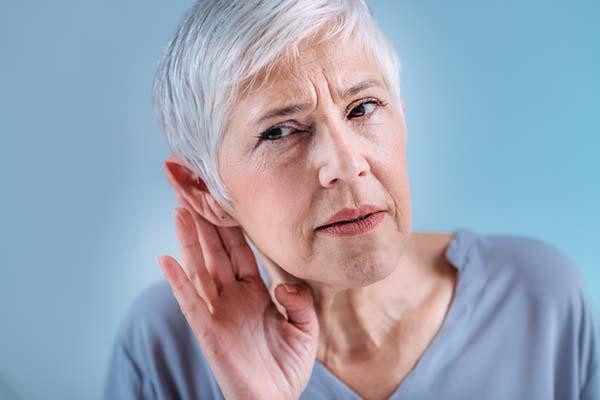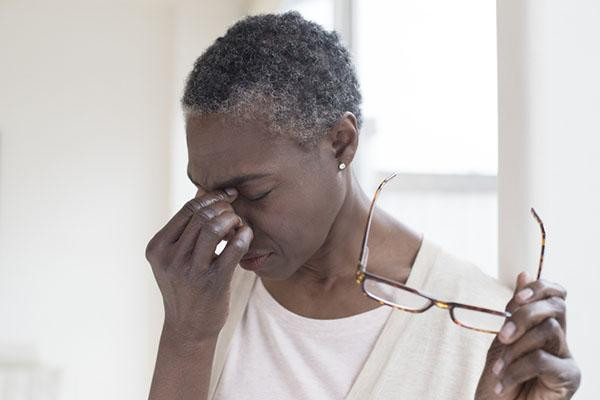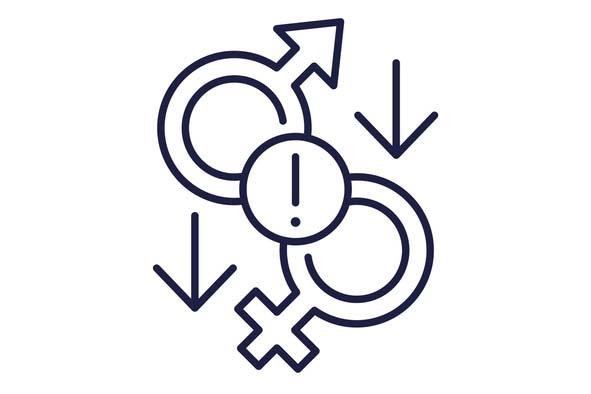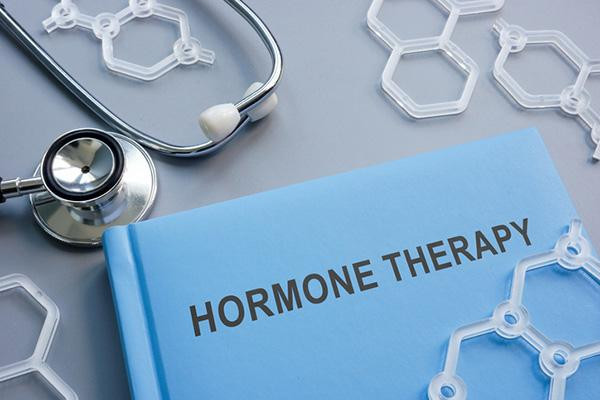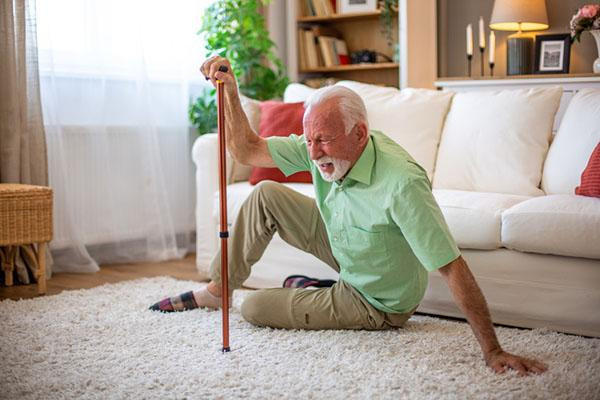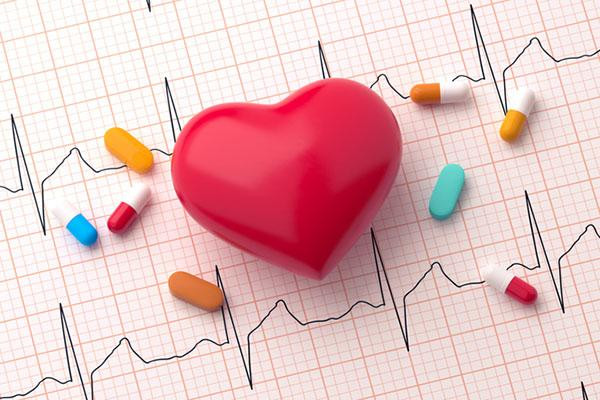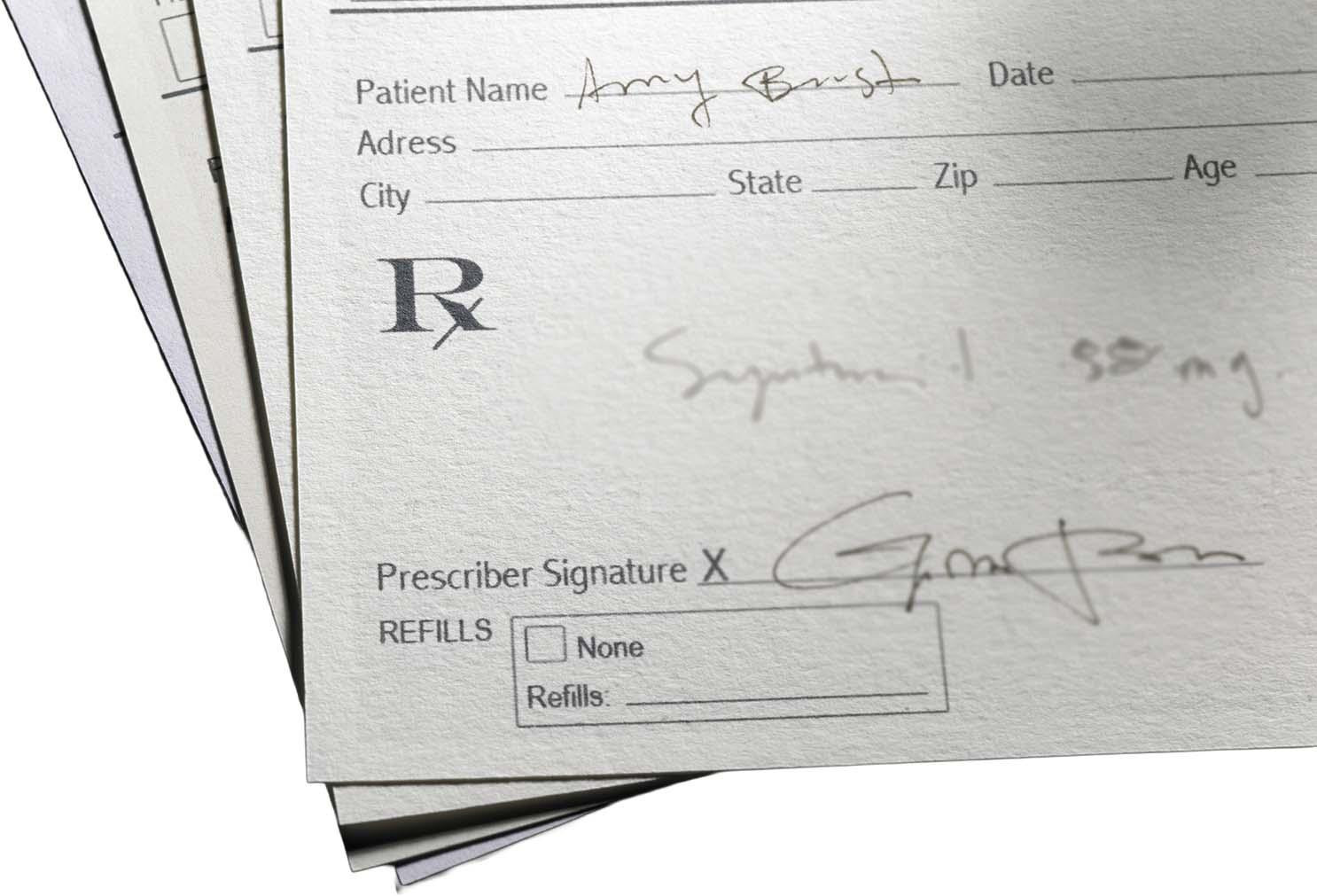
What are somatic workouts?

How to curb your stress eating

How to spot Parkinson’s disease symptoms

8 simple ways to reduce ultra-processed foods in your diet

Heart failure symptoms in women: How they’re different

GERD diet: Foods to avoid to reduce acid reflux

Strong is the new skinny

Everyday habits that sneakily weaken your bones

Don’t wait to get help for back pain

Correcting how you walk may ease osteoarthritis knee pain
Medications Archive
Articles
The incontinence tool kit
Several tools can help people with incontinence stay dry and comfortable. Tools can include medications; basic supplies, such as protection pads, leakproof underwear, adaptive clothing, and portable urinals; bedwetting alarms; and bathroom locator apps. Some of the most important tools aren’t pills or gadgets, but strategies—such as controlling underlying conditions that can lead to incontinence (such as diabetes), weight loss, lifestyle or behavioral changes, and pelvic floor training.
Ototoxic drugs: Medications that may harm hearing
The term ototoxicity describes inner ear damage from drugs that can cause tinnitus (ringing in the ears), and affect hearing and sometimes balance. Medications more likely to cause ototoxicity include aspirin; the antibiotics azithromycin and clarithromycin; certain chemotherapy drugs; loop diuretics such as furosemide (Lasix); and some biologics. These drugs can damage hearing by injuring hairlike projections in the inner ear. People taking ototoxic drugs should get their hearing tested before, during, and after using the drug.
Coping with dry eyes
Dry eye disease is broken down into two types: In aqueous-deficient dry eye, the eyes don’t produce enough tears. In evaporative dry eye (sometimes called meibomian gland dysfunction) there are enough tears, but they’re unstable and evaporate too quickly. Dry eye symptoms include eyes that feel gritty, sandy, stinging, burning, scratchy, tired, or sensitive to light. People with symptoms often forgo seeing a doctor. Artificial tears are an effective starting point for many cases of dry eye.
Is your medication killing your sex drive?
Low libido can include both less desire for and less satisfaction with sex. A variety of medications can dampen sex drive by altering hormone levels or nerve signals, dulling sensation in the genitals, or triggering fatigue or mood changes. They include some antidepressants, cardiovascular drugs, antihistamines, antiseizure drugs, opioids, chemotherapy, hormone blockers, oral contraceptives, and fertility drugs. People whose medications affect their libido can ask their doctor to adjust the dose or timing or substitute another drug without sexual side effects.
FDA removes menopause hormone therapy black box warnings
After an FDA panel was convened to review black box warnings on menopause hormone therapy, which includes both systemic and vaginal estrogen treatments, the FDA announced in November 2025 it would remove black box warnings from all hormone therapy products containing estrogen. Women considering hormone therapy should discuss their individual health risks with their doctor — such as a history of heart attack or stroke, a blood clot in the legs or lungs, hormone-sensitive cancer, active liver disease, and overall breast cancer and cardiovascular risks.
4 types of medication that may increase your chance of falling
Four classes of drugs commonly prescribed to older adults—opioids, benzodiazepines, gabapentinoids, and antidepressants—may be driving the dramatic rise in deadly falls over the past three decades. Known as fall risk–increasing drugs (FRIDs), these drug classes affect brain function and can make people feel sleepy, dizzy, or confused—all of which can leave them vulnerable to falling. People currently taking these drugs shouldn’t stop taking them abruptly, as doing so may cause withdrawal symptoms. People should ask their primary care clinician to review all their medications at least once a year.
Beta blockers: Who benefits from these common drugs?
Doctors have long prescribed drugs called beta blockers to all heart attack survivors. These drugs, which slow down the heart and lower blood pressure, include atenolol (Tenormin) and metoprolol (Lopressor, Toprol). Growing evidence suggests that these drugs offer no meaningful benefit for people whose hearts still pump normally after a heart attack. Sometimes, however, a heart attack leaves the left ventricle (the heart’s main pumping chamber) unable to contract effectively. When that’s the case, beta blockers are still recommended.
When and why you need drugs for atrial fibrillation
Many people with atrial fibrillation (afib) — a rapid, irregular heart rhythm — need to control symptoms, such as the feeling that the heart is racing or fluttering. Medication options include drugs that slow down the heart or help restore its rhythm. Because afib can also increase the risk of blood clots that can lead to a stroke, many of these people also need to take clot-preventing medications.
Urgent care clinics linked to unnecessary prescriptions
A 2025 study suggests that urgent care clinics frequently prescribe prescription medications inappropriately for conditions such as ear infections, bronchitis, sprains or strains, or digestive discomfort.
Can nicotine patches promote weight loss?
No evidence suggests that nicotine patches promote weight loss. Nicotine suppresses appetite but also raises health risks such as high blood pressure and narrowed arteries. People can talk to a doctor about medically supervised weight loss.

What are somatic workouts?

How to curb your stress eating

How to spot Parkinson’s disease symptoms

8 simple ways to reduce ultra-processed foods in your diet

Heart failure symptoms in women: How they’re different

GERD diet: Foods to avoid to reduce acid reflux

Strong is the new skinny

Everyday habits that sneakily weaken your bones

Don’t wait to get help for back pain

Correcting how you walk may ease osteoarthritis knee pain
Free Healthbeat Signup
Get the latest in health news delivered to your inbox!
Sign Up

